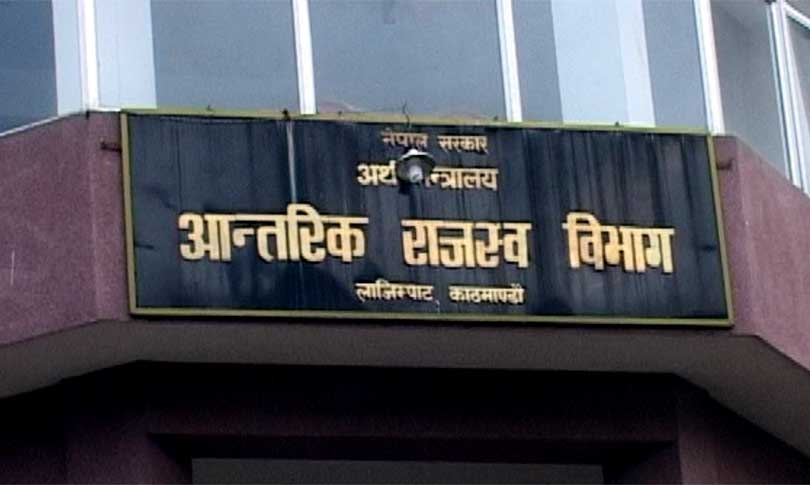Kathmandu: Inland Revenue Department (IRD) has expanded the scope of the Central Billing Monitoring System (CBMS) to include business entities with an annual turnover exceeding Rs 250 million. Previously applicable only to large taxpayers, the revision comes as the IRD aims to enhance tax collection and overall tax administration.
The IRD, through a public notice, has directed various tax authorities, including Large Taxpayers’ Offices, Medium Level Taxpayers’ Offices, and Inland Revenue Offices, to ensure that businesses meeting the specified transaction volume are registered in the CBMS framework.
The CBMS, launched as a pilot project on November 17, 2017, and officially implemented in the fiscal year 2018/19, facilitates the monitoring and retrieval of transaction data as businesses issue bills to their clients. The system requires business firms to install software connecting their billing systems to IRD’s computers. Licensed software developers approved by the IRD will install the necessary devices and add specific fields to ensure accurate recording of sales for tax assessment purposes.
This mandatory inclusion is expected to curb tax evasion by preventing the use of fake VAT bills and concealing genuine transaction details. The prevalent practices of using duplicate excise duty stickers, selling bootleg liquor, and conducting business without maintaining proper account books to evade taxes have prompted the government to enforce this measure.
Through electronic billing mandated by the CBMS, the government aims to create a transparent and accountable system, discouraging businesses from engaging in fraudulent activities. The recent announcement in the budget for the fiscal year 2023/24 reaffirms the government’s commitment to expanding CBMS coverage to businesses with an annual turnover exceeding Rs 250 million, underscoring the importance of compliance in the fight against tax evasion.
